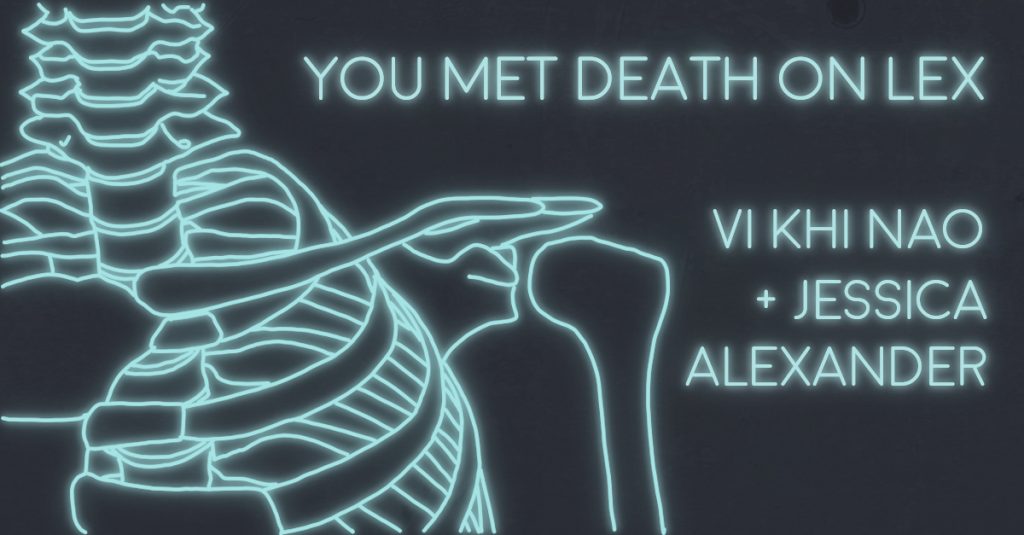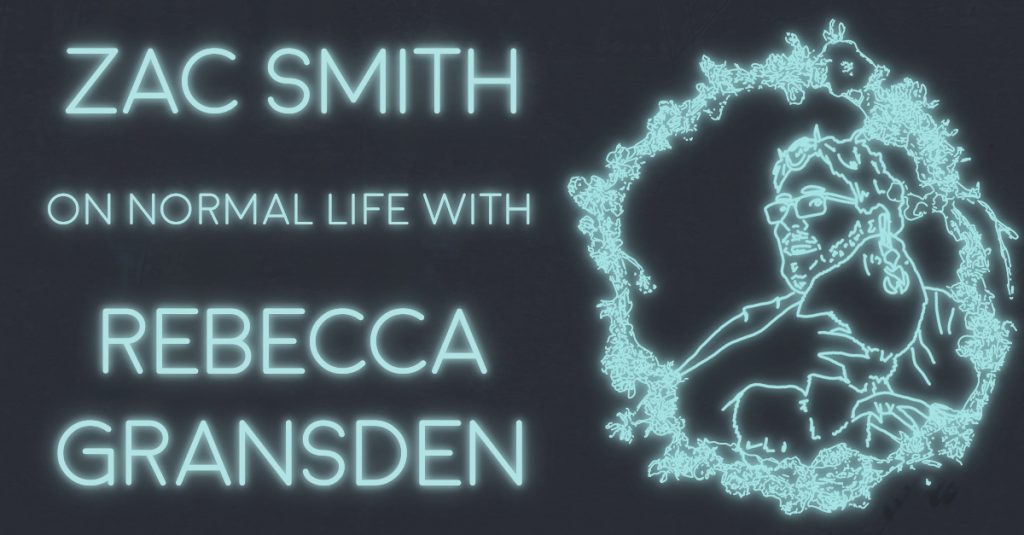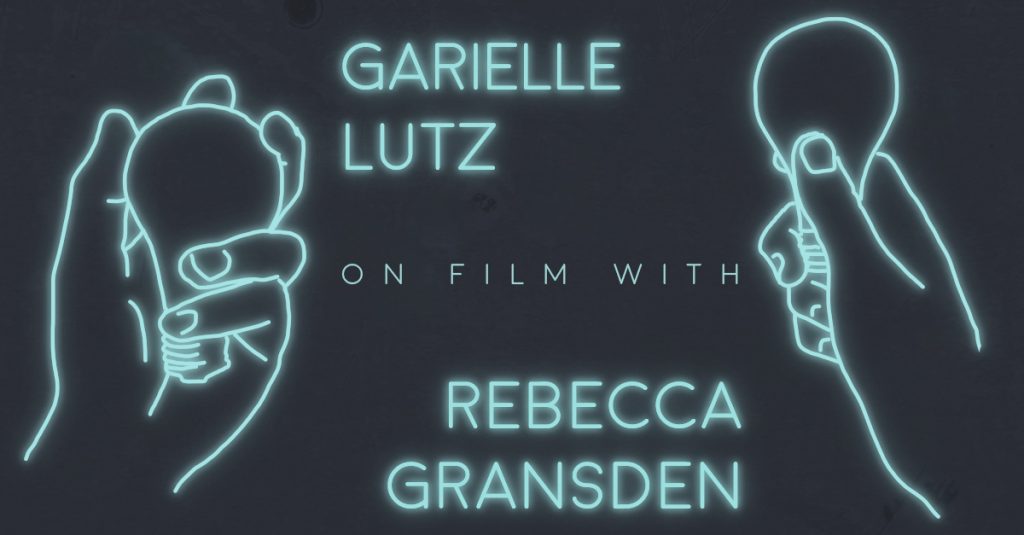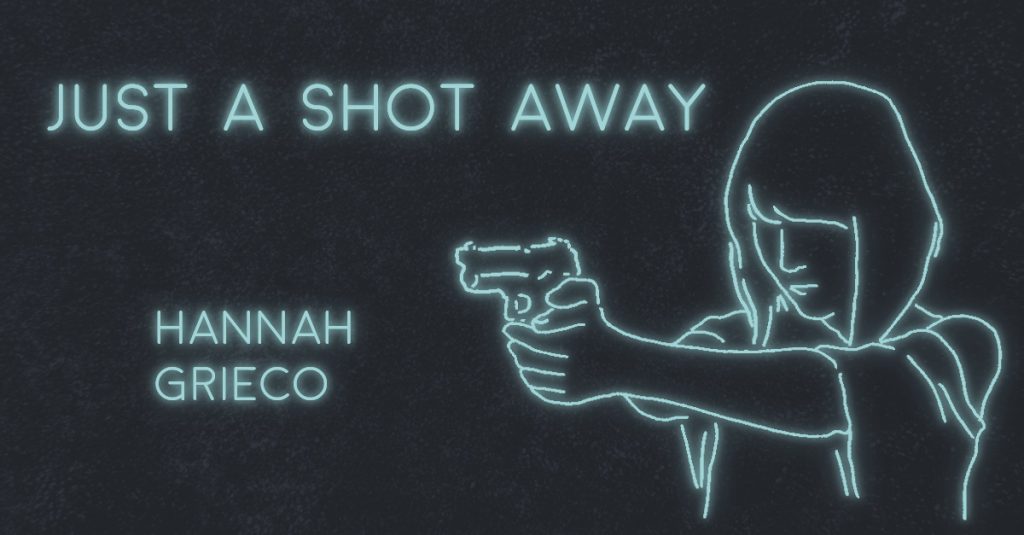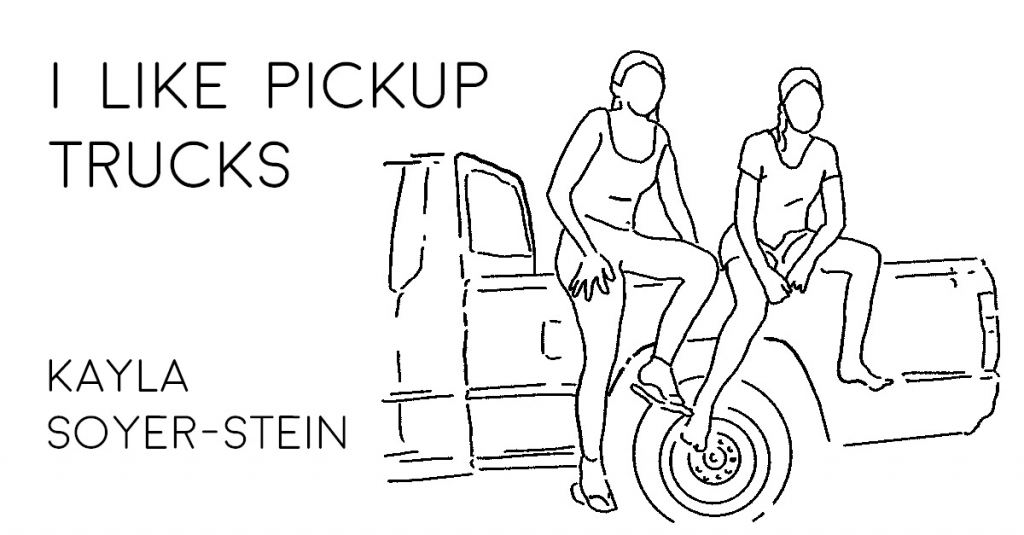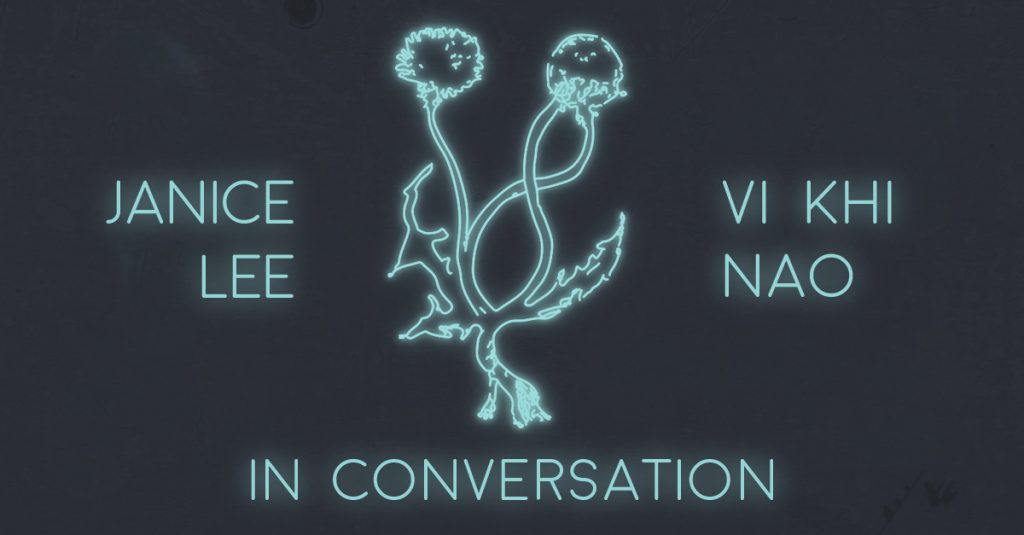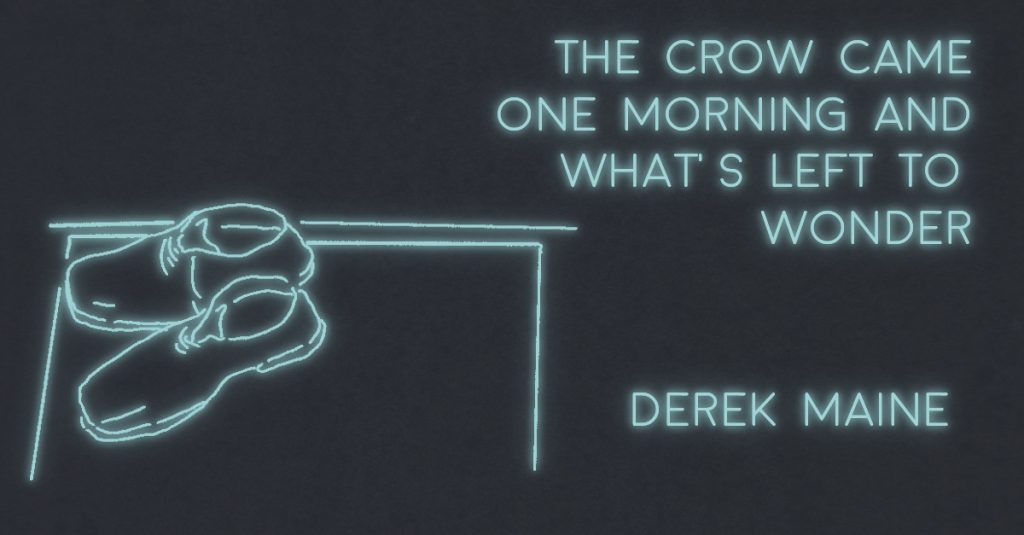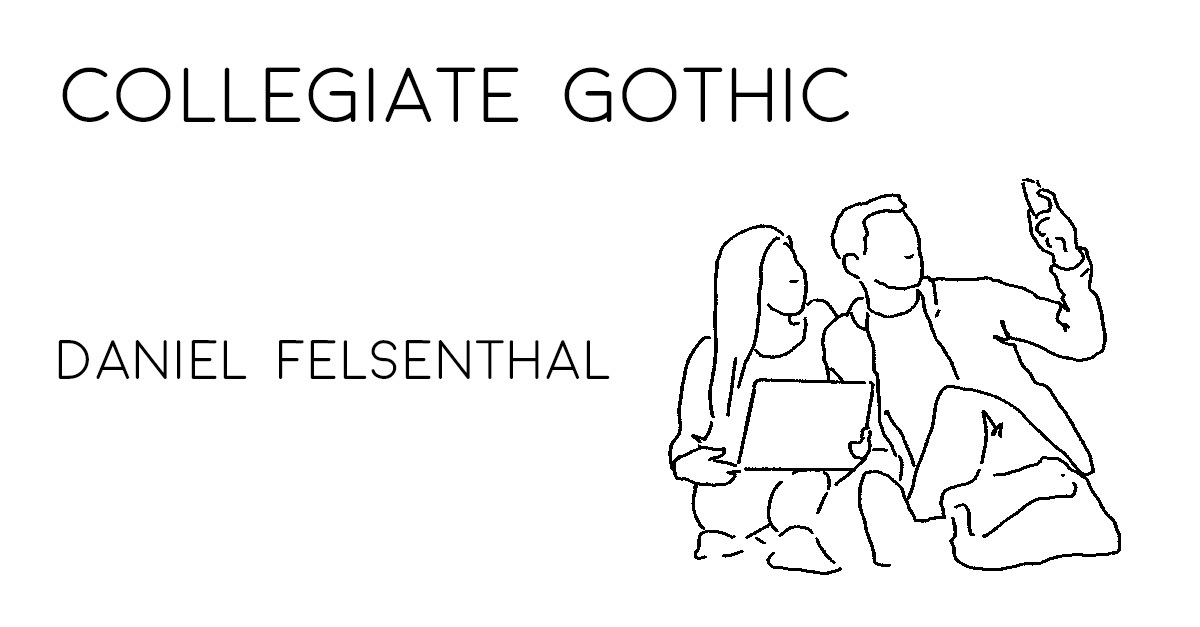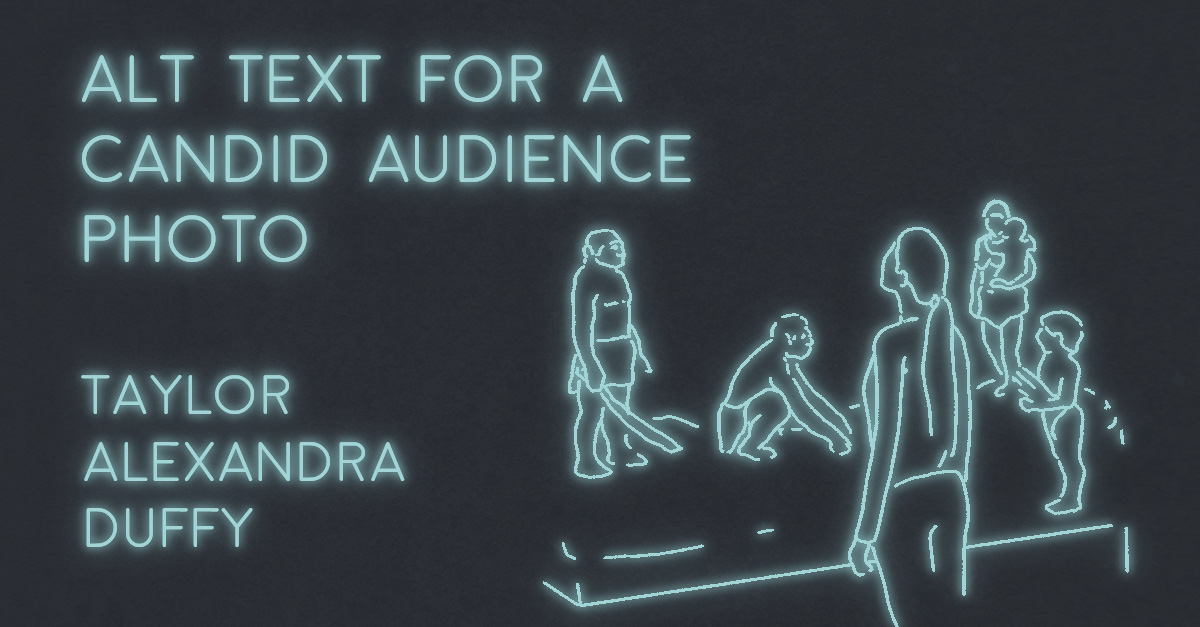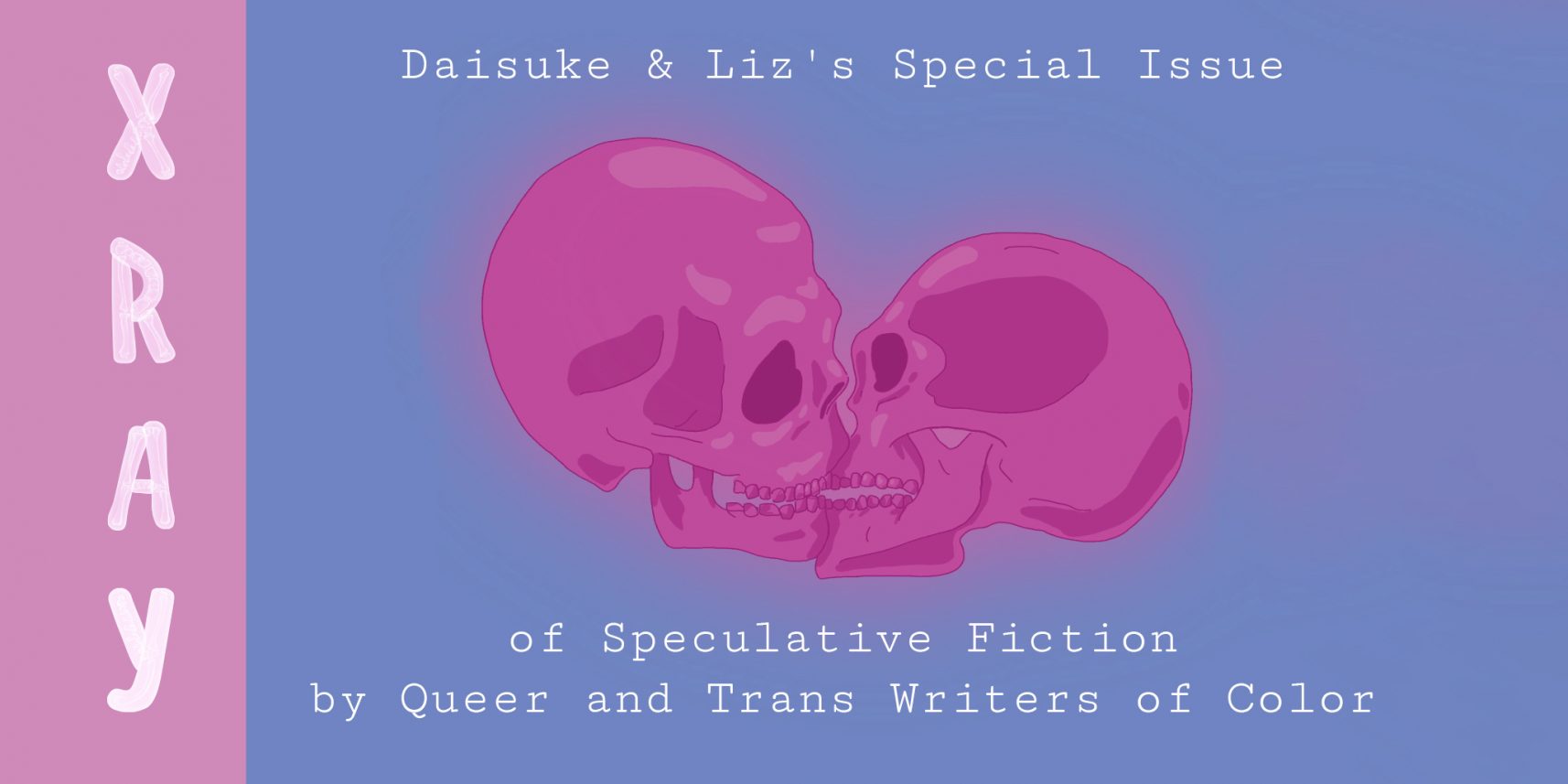
X-R-A-Y LITERARY MAGAZINE | COLLECTION VI | DAISUKE & LIZ’S SPECIAL QTPOC ISSUE
Stories by Celeste Chen, Marilyn Hope, Luz Rosales, Ali Raz, Elias Chen, Stella Lei, and Jiaqi Kang, edited by Daisuke Shen and Liz Crowder, with art by Bob Schofield. click the image for the PDF

